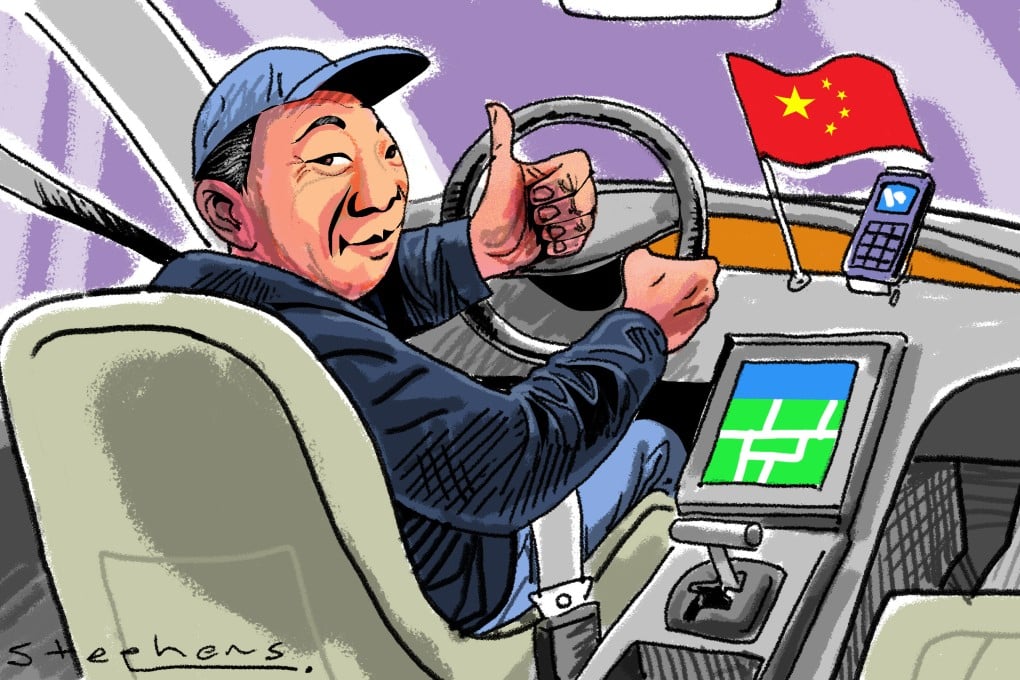Opinion | 5 more years of Xi: the West doesn’t like the idea, but most Chinese do
- Contrary to Western perception, Xi enjoys immense popularity at home. Under Xi in the past decade, China has become more prosperous and liveable
- And amid trying times for the world, Chinese leadership continuity will mean policy continuity and predictability at home and abroad

Like any politician, Xi has his share of detractors. However, contrary to the general perception in the West, Xi enjoys immense popularity at home. According to a survey led by York University in Ontario, Canada that was published in 2021, Chinese citizens’ trust in the government led by Xi stood at 98 per cent.
Indeed, most Chinese would attribute China’s spectacular economic growth to Xi’s leadership. Over the past decade, the country’s GDP has more than doubled to US$17.7 trillion, with China’s share of the world economy jumping from 11 per cent to 18 per cent.
China has also become a more liveable country. It has planted a quarter of the world’s new forest in the past decade, while carbon dioxide emissions per unit of gross domestic product have fallen by 34 per cent. Mountains have become greener, rivers and lakes cleaner, and skies bluer.

